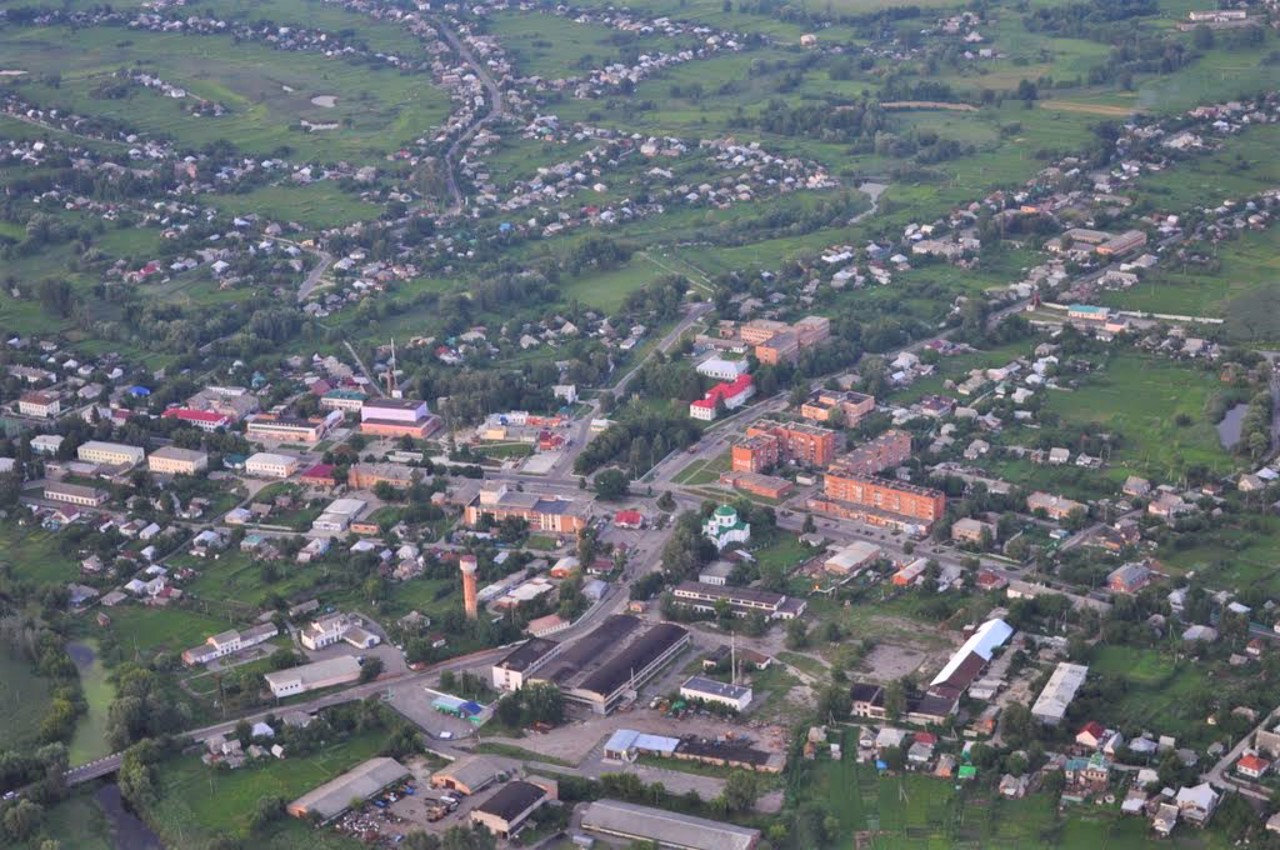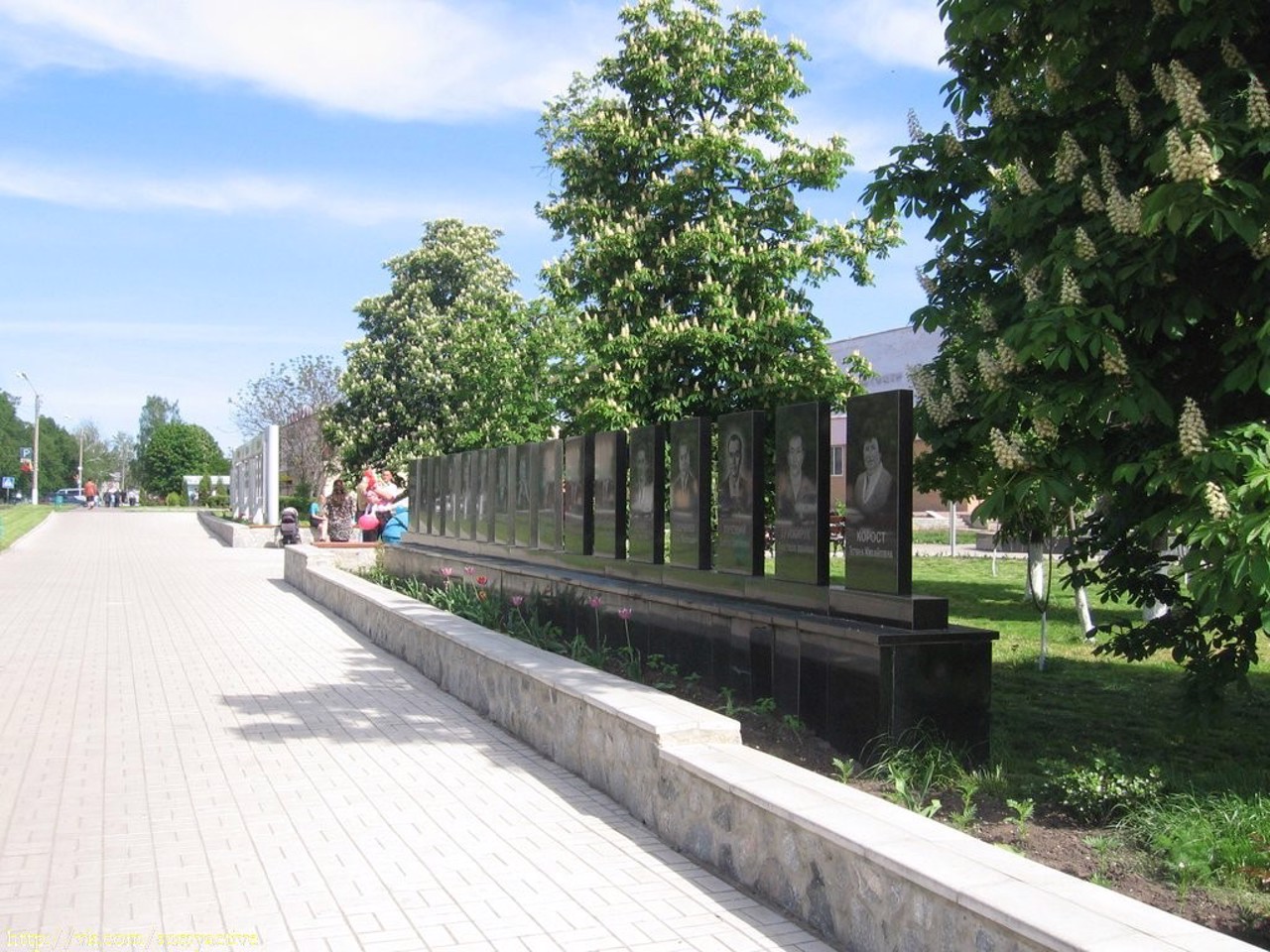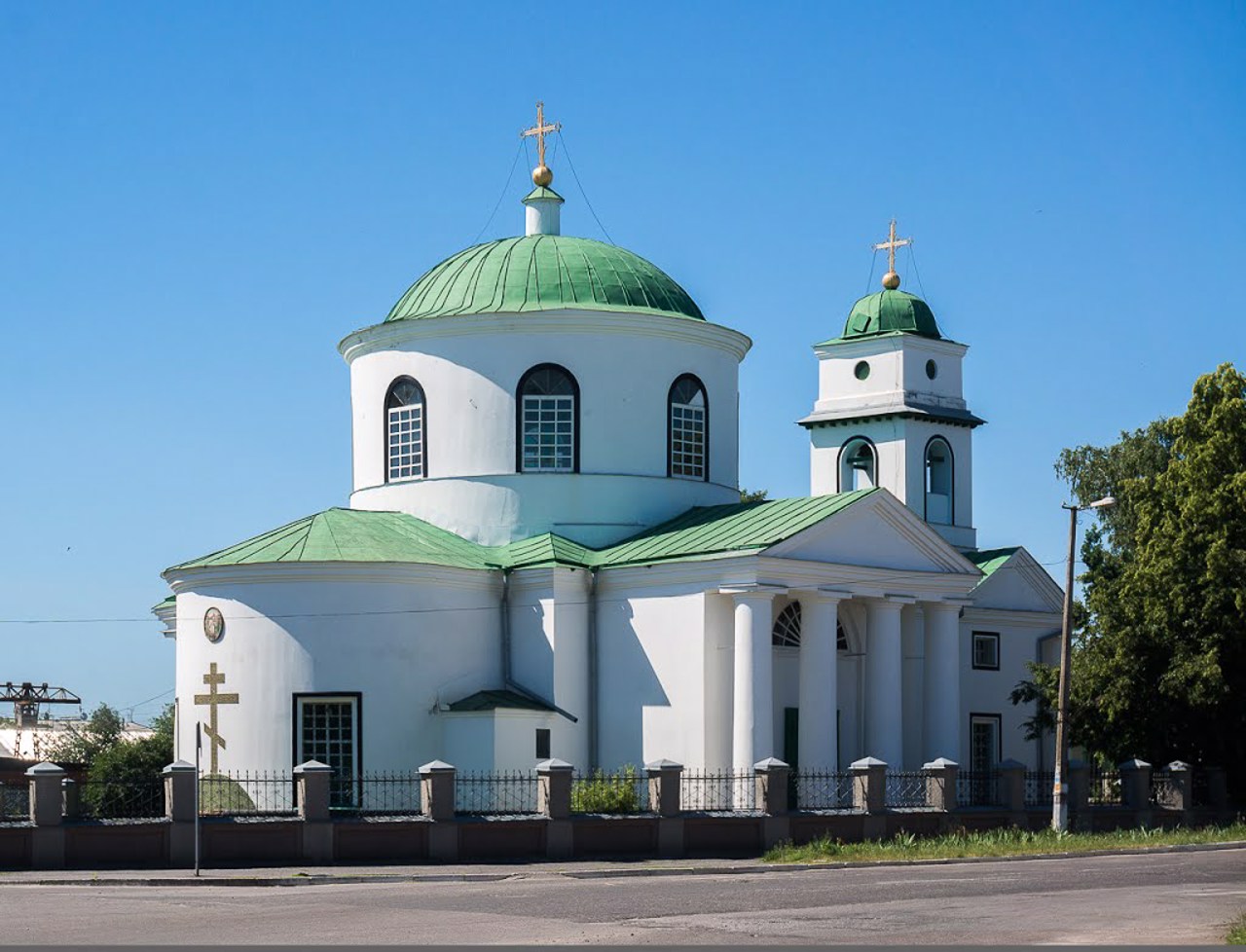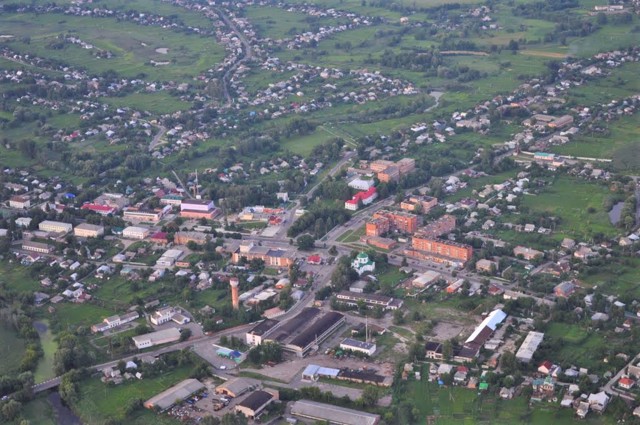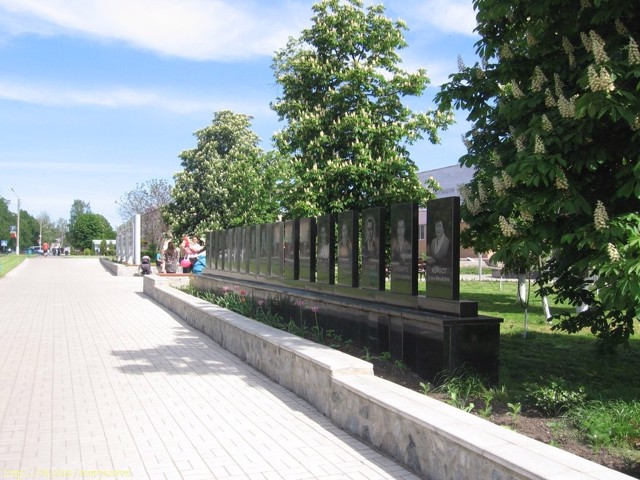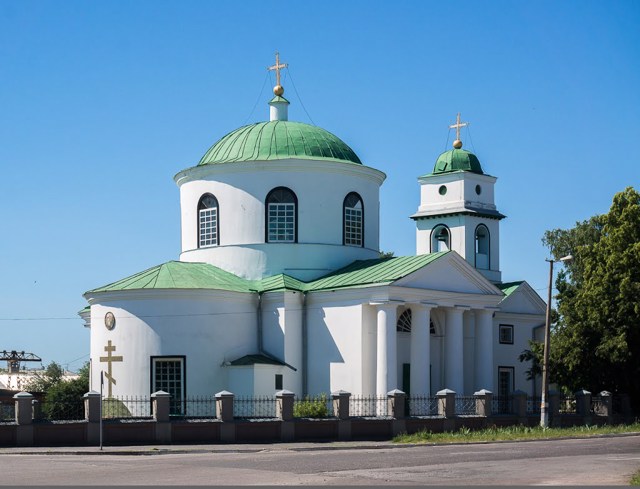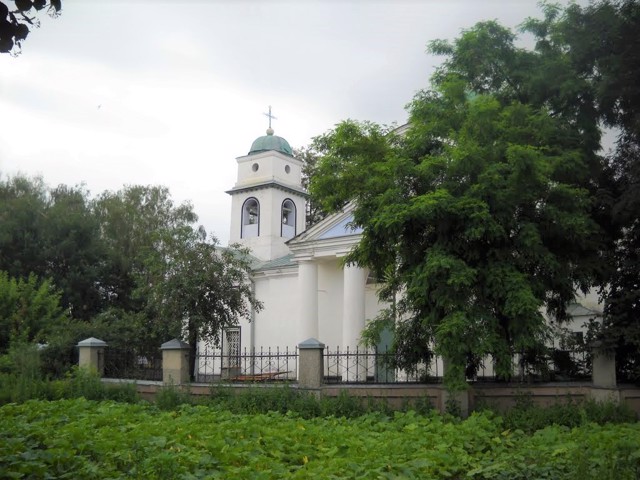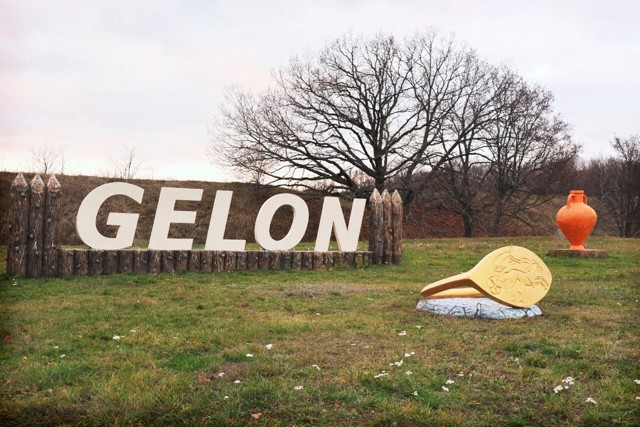Functional temporarily unavailable
General information about Kotelva
The town of Kotelva on the tributary of the Vorskla River of the same name is located 60 kilometers north of Poltava on the road to Sumy. Administratively, it is part of the Poltava district of the Poltava region.
The settlement arose around the Kotelva fortress, built at the beginning of the 17th century for the protection of Slobidska Ukraine. It is mentioned for the first time in a report to Hetman Semen Skalozub about the Tatar attack. The name may be related to the location in the lowland (Kotel), although according to local legend, it comes from the name of the first settler - the Cossack Kotel.
At different times, Kotelva was a town of hundreds of Hadiac, Poltava, Zinkiv and Okhtyrka regiments. The pentagonal fortress was fortified with a deep moat and a high earthen ...
The town of Kotelva on the tributary of the Vorskla River of the same name is located 60 kilometers north of Poltava on the road to Sumy. Administratively, it is part of the Poltava district of the Poltava region.
The settlement arose around the Kotelva fortress, built at the beginning of the 17th century for the protection of Slobidska Ukraine. It is mentioned for the first time in a report to Hetman Semen Skalozub about the Tatar attack. The name may be related to the location in the lowland (Kotel), although according to local legend, it comes from the name of the first settler - the Cossack Kotel.
At different times, Kotelva was a town of hundreds of Hadiac, Poltava, Zinkiv and Okhtyrka regiments. The pentagonal fortress was fortified with a deep moat and a high earthen rampart, above which rose four wooden towers with heavy gates. In 1709, it was taken by Swedish troops. In the second half of the 18th century, Kotelva became one of the centers of the Chumatsky industry.
The writer Mykola Burlyuk and the famous partisan commander Sydir Kovpak were born here (a monument has been installed).
The Trinity Church (1812), the Kovpak Arboretum (1918) have been preserved.
Nearby is the famous Bilsk hillfort, which is identified with the Scythian capital Helon. The administration of the Historical and Cultural Reserve "Bilsk" is located in Kotelva.
Селище Котельва на однойменній притоці річки Ворскли розташоване за 60 кілометрів на північ від Полтави по дорозі на Суми. Адміністративно входить до складу Полтавського району Полтавської області.
Поселення виникло навколо Котелевської фортеці, збудованої на початку XVII сторіччя для захисту Слобідської України. Вперше згадується в донесенні гетьману Семену Скалозубу про напад татар. Назва, можливо, пов'язана з розташуванням в низині (котлі), хоча згідно з місцевою легендою, походить від імені першого поселенця – козака Котеля.
В різний час Котельва була сотенним містечком Гадяцького, Полтавського, Зіньківського та Охтирського полків. Фортеця п'ятикутної форми була укріплена глибоким ровом і високим земляним валом, над яким височіли чотири дерев'яних вежі ...
Селище Котельва на однойменній притоці річки Ворскли розташоване за 60 кілометрів на північ від Полтави по дорозі на Суми. Адміністративно входить до складу Полтавського району Полтавської області.
Поселення виникло навколо Котелевської фортеці, збудованої на початку XVII сторіччя для захисту Слобідської України. Вперше згадується в донесенні гетьману Семену Скалозубу про напад татар. Назва, можливо, пов'язана з розташуванням в низині (котлі), хоча згідно з місцевою легендою, походить від імені першого поселенця – козака Котеля.
В різний час Котельва була сотенним містечком Гадяцького, Полтавського, Зіньківського та Охтирського полків. Фортеця п'ятикутної форми була укріплена глибоким ровом і високим земляним валом, над яким височіли чотири дерев'яних вежі з важкими воротами. В 1709 році вона була взята шведськими військами. В другій половині XVIII століття Котельва стала одним із центрів чумацького промислу.
Тут народилися письменник Микола Бурлюк і знаменитий партизанський командир Сидір Ковпак (встановлено пам'ятник).
Збереглася Троїцька церква (1812 рік), Ковпаківський дендропарк (1918 рік).
Поруч розташоване знамените Більське городище, яке ототожнюють зі скіфською столицею Гелоном. У Котельві розміщується адміністрація Історико-культурного заповідника "Більськ".
Сплануй своє перебування у Kotelva
What to see and where to go in Kotelva
Tourist attractions and museums of Kotelva
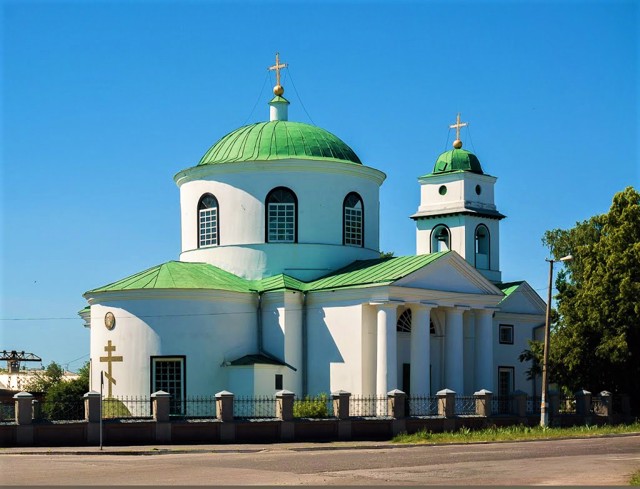
Holy Trinity Church
Temple , Architecture
The 200-year-old Trinity Church, which adorns the center of Kotelva, is an architectural monument.
It was built in 1812 on the site of a burned down wooden temple, founded in the 17th century. The stone church became the fourth after the three wooden ones that were there before it.
The authorship of the Holy Trinity church project in the style of classicism is attributed to Kharkiv architect Petro Yaroslavskyi. In 1835, a stone belfry was added. On the eastern side, a brick fence with openwork metal gates and wickets has been preserved. The interiors are decorated with paintings of the 19th century.
The church has a library of spiritual literature, and a Sunday school.
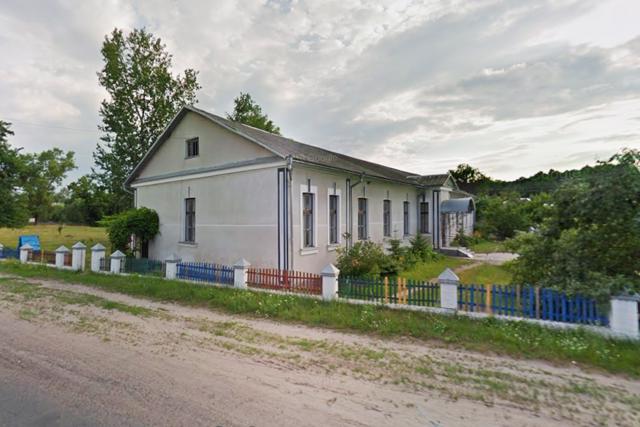
Kotelva Historical and Local Lore Museum
Museum / gallery
The Kotelva Historical and Local Lore Museum was founded in 1962 on a non-profit basis. Since 2022, it has been located in the building of the former Sixth Zemstvo School at the entrance to the village of Kotelva from the Poltava side. In Soviet times, it was an elementary school.
Currently, the museum's collections number 2,100 exhibits.
The main exposition presents archeological finds from the Bilsk Scythian Hillfort, which is located near Kotelva. This is not only mass household products, especially utensils, but also works of art of ancient and local Scythian masters (gold ring, mirror, cruciform plates, etc.). In particular, the museum presents items from the unique "Blazhkiv treasure" of the Slavic era.
Other exhibits tell about the development of the region from the times of the Cossacks to the present day. A large ethnographic collection is presented.
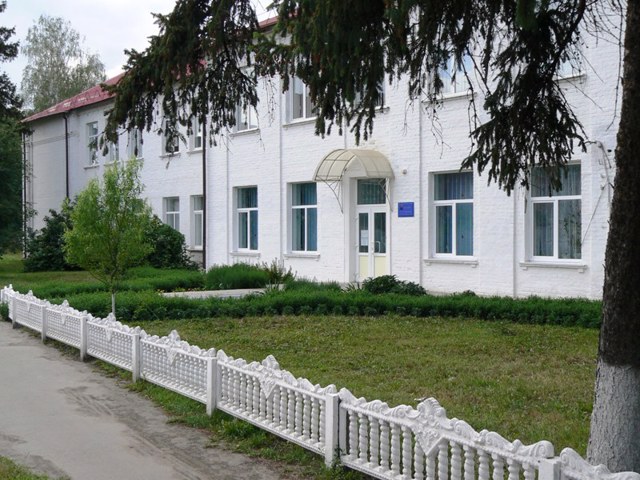
Sydir Kovpak Museum
Museum / gallery
The Kotelva People's Museum of Sydir Kovpak was opened in 2007 for the 120th anniversary of the birth of the hero of the partisan movement in his homeland in Kotelva.
Sydir Kovpak became famous as the commander of the legendary partisan unit, which went through the entire Second World War from Putivl in Sumy Region to the Carpathians in western Ukraine.
The Kovpak Museum is located in the school where he once studied (now Kotelva Gymnasium No. 1 named after Sydir Kovpak). The first section of the museum "Kotelva region - homeland of Sydir Kovpak" tells about the history of the region. The second section presents the hero's personal belongings, including clothes and weapons.
Samples of weapons from the Second World War are kept here.
Kotelva on photo and video
Kotelva in news and blogs
Reviews Kotelva
Geographical information about Kotelva
| {{itemKey}} | {{itemValue}} |
|---|---|
| Region |
Poltava |
